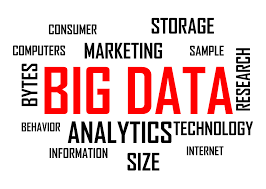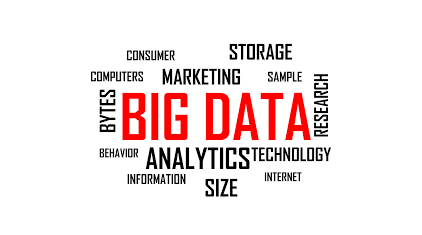These ideas have recently been reinforced after reading an excellent paper by Paul Rauwolf and Joanna Bryson – Expectations of Fairness and Trust Co-Evolve in Environments of Partial Information.
This is not a fully considered hypothesis, but I want to get it out there for comment, so please do.

Does access to unlimited facts and information sterilise us? Are we becoming increasingly receptors and processors of data, rather than thinkers, creators, imaginers. Are we becoming like our technologies? Efficient, organised, intelligent, with bounded creative abilities, but lacking in imagination, rebellion, innovative thought and an enactive desire for a better future. Perhaps peak human creativity was in the 60’s , as evidenced by the diverse music and cultural explosion of the period. We had jumbo jets, transistor radios, dishwashers and central heating, and computers of sorts. In over 50 years we’ve seen evolutionary, but not revolutionary change in our technology or our way of life, compared to the changes over the previous 50 years. This applies in the UK and most 1st world countries. I accept things have been very different in the developing economies.
We have super-small, super fast digital systems and fibre optic data transmission driving the internet. We have become better at writing computer software, and recently we have better algorithms to analyse data and create usefully predictive models. But is any of this revolutionary in societal terms? Today, truly creative thinkers are few, Elon Musk being an obvious exception to the rule. We need people to seriously consider building cities on other worlds and evacuated tubes that move us between cities and countries at super high speed. In their day, Brunel and Edison’s ideas would seem equally outlandish.
But who in the political and economic arenas is contributing thinking in a creative and more unbounded manner? Capitalism and even democracy seem not to be serving us well, but there is little appetite to reform them. Those who question the supreme authority of market forces are seen as outliers. Those calling for regulation of wealth and power are often ridiculed. A deep desire for conservatism seems to be the response to the undeniable forces of climate change, globalisation and boundless access to information.
Humans have evolved unique abilities to act intelligently in environments where access to information is severely limited. In a given context, how can I best use the resources around me to achieve my goals? The extent of the space of possible affordances provides an effective measure of intelligence (see Murray Shanahan, “Embodiment and the Inner Life: Cognition and Consciousness in the Space of Possible Minds”, 2010). The more creatively we think, the more we can find new ways to manipulate and exploit our environment to achieve better solutions to our problems. This applies not only to our technology, but more widely to our institutions and the mechanisms that together define our human culture. These too are all artefacts, things we have made to serve us in the pursuit of our goals.
I postulate that given too much information, individual creativity is suppressed, and we look to our environment to answer the problem of how we should behave, rather than identifying our own goals and using our innate imagination and creativity to achieve them. The great step changes in human history have often resulted from the actions and insights of individuals. Where are today’s great politicians, philosophers and public intellectuals? Are the only narrative accounts of the state and future of humanity to be provided by jaded news reporters and the 24 hour news cycle? Have we replaced the search for ideas with the search for gratification? Is considered and informed opinion now only considered in terms of its market value? This may all be considered a rage against the machine, but I submit that there has been a step change for the worse, and one reason may be the paralysing effect of unbounded access to information.
Perhaps the best way to prepare ourselves for living is to educate our children to work with small data. Fewer facts, distilled as empirical principles. We must regain our understanding of the value (and limitations) of models. We need to train ourselves to find regularities and principles that can serve our decision making, and guide our creativity. Certainly we must feed enquiring minds. However, I have a concern that big data may overwhelm them.

